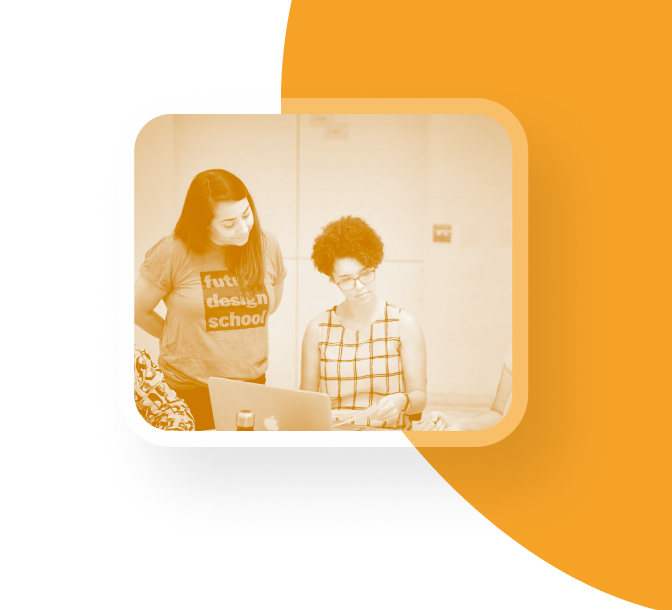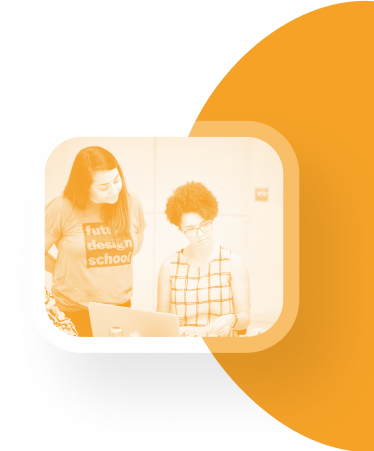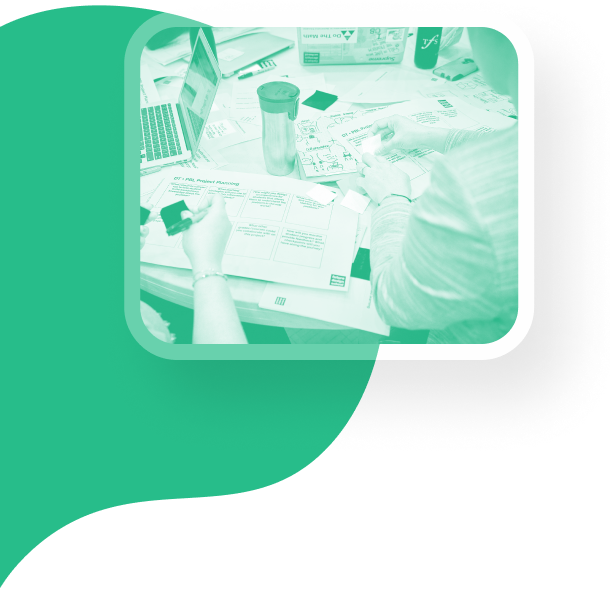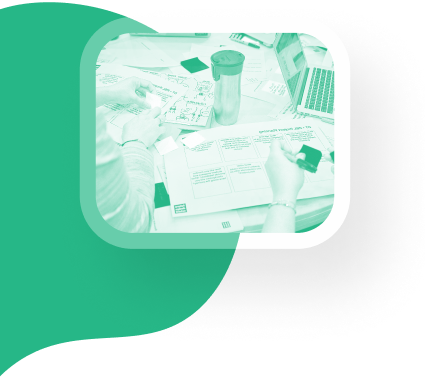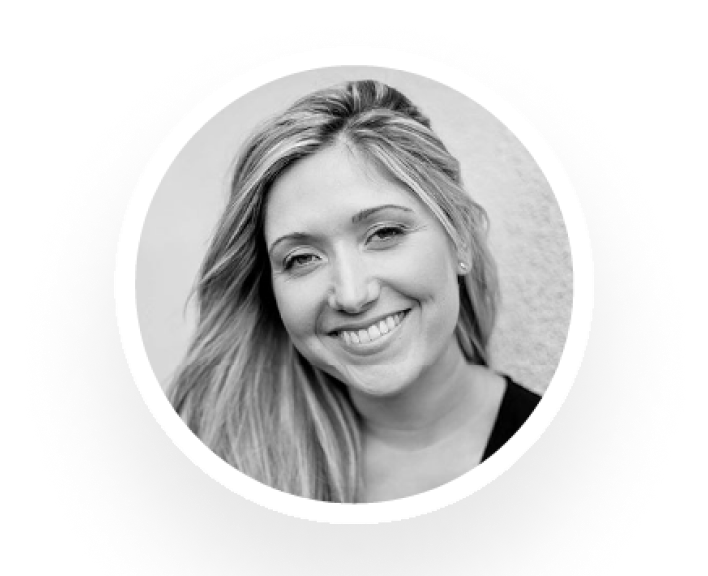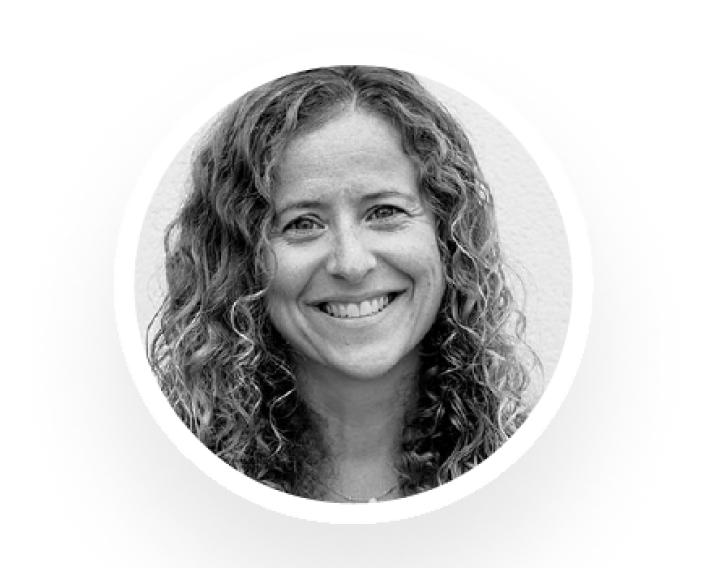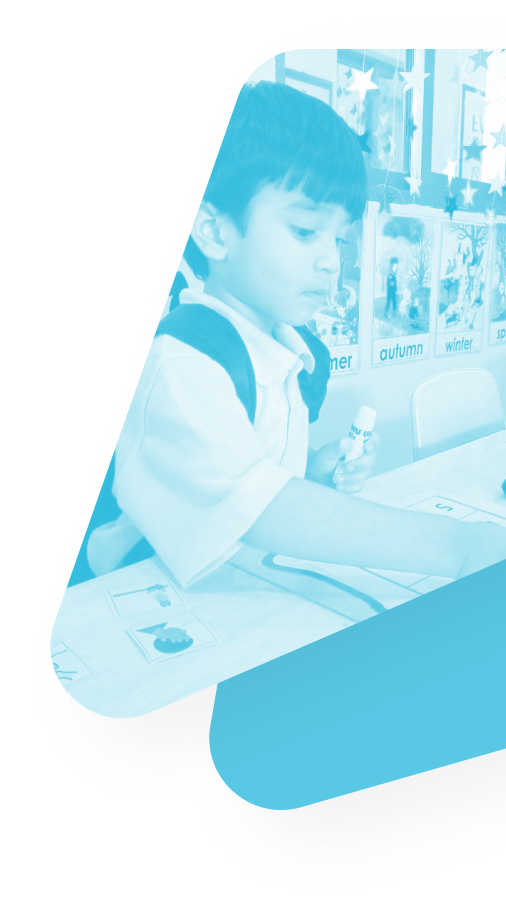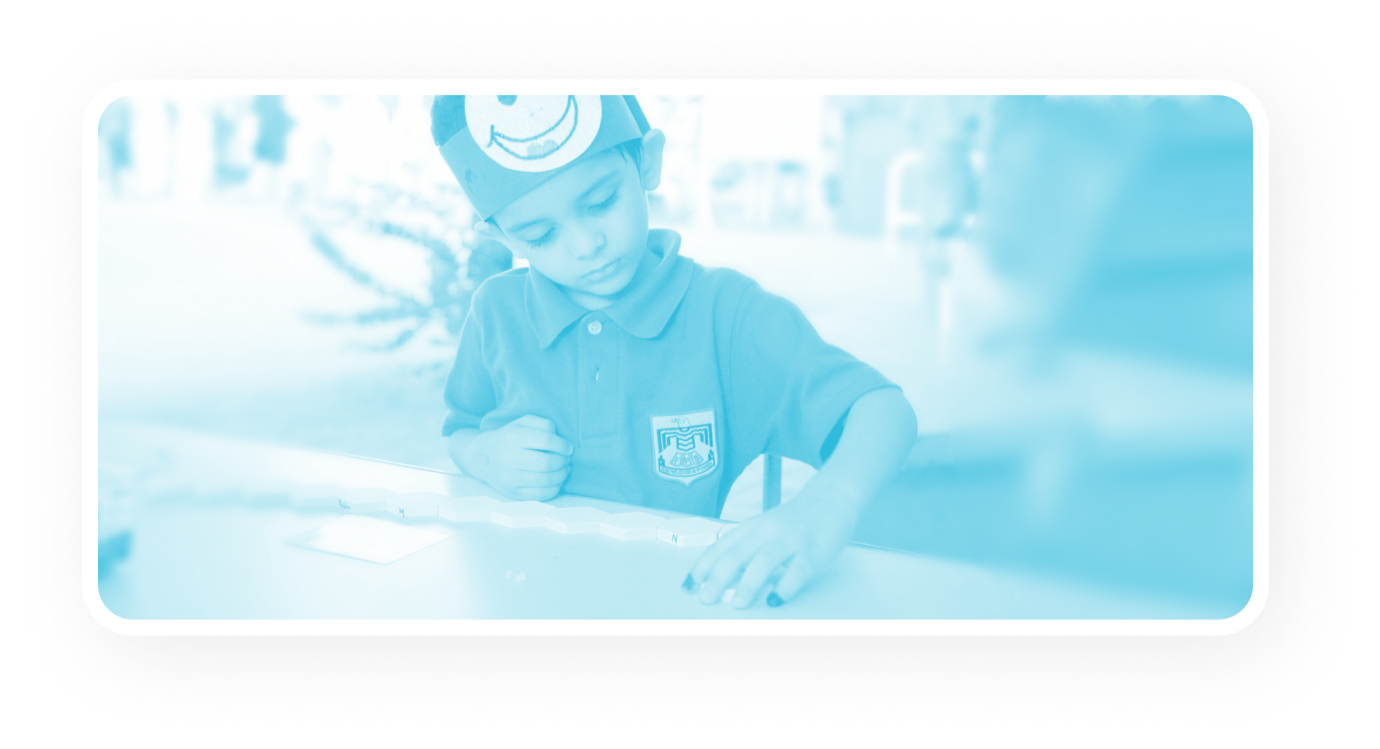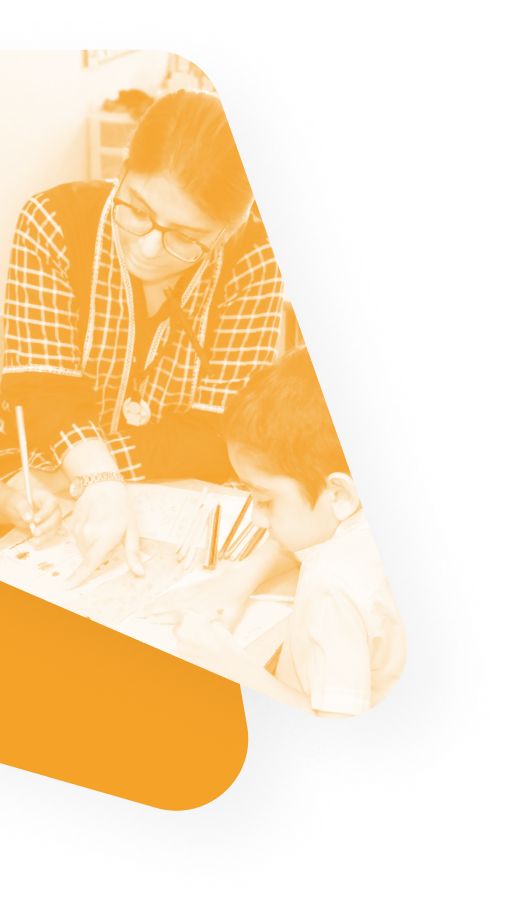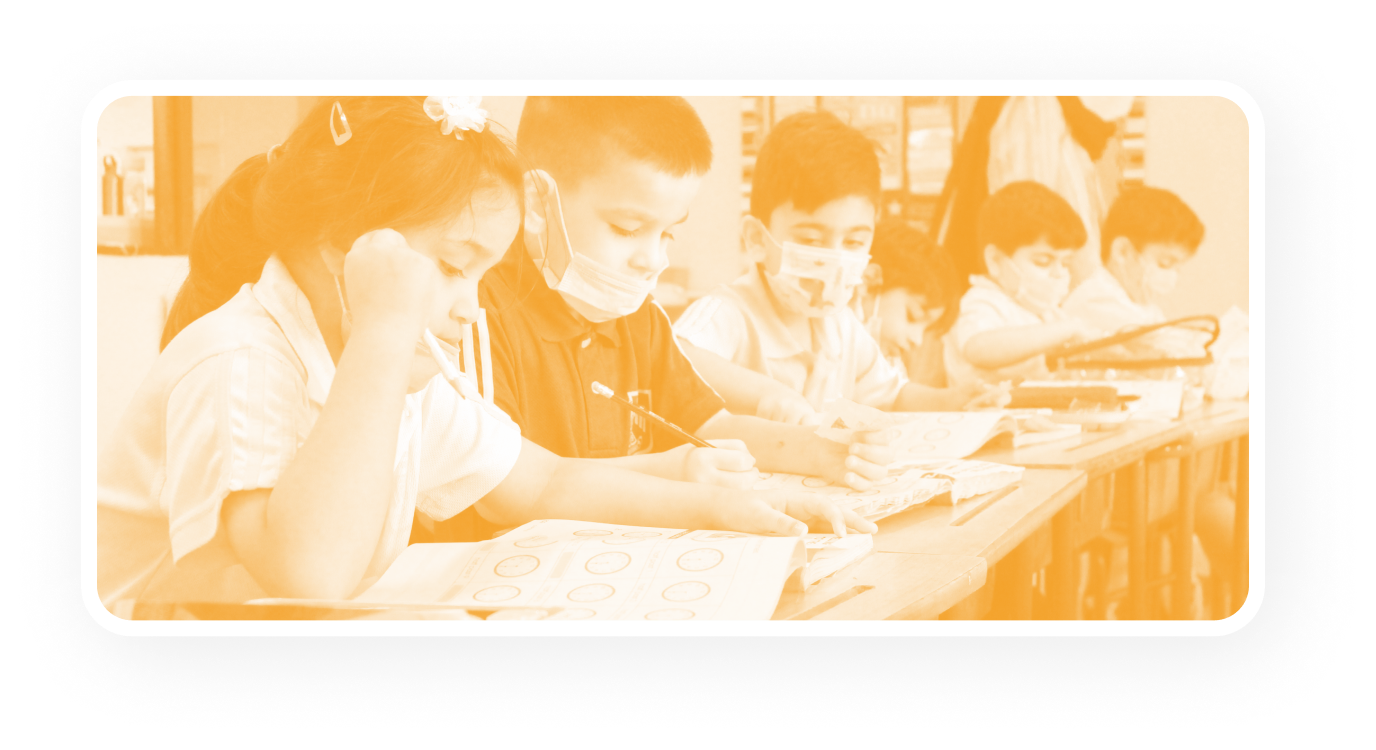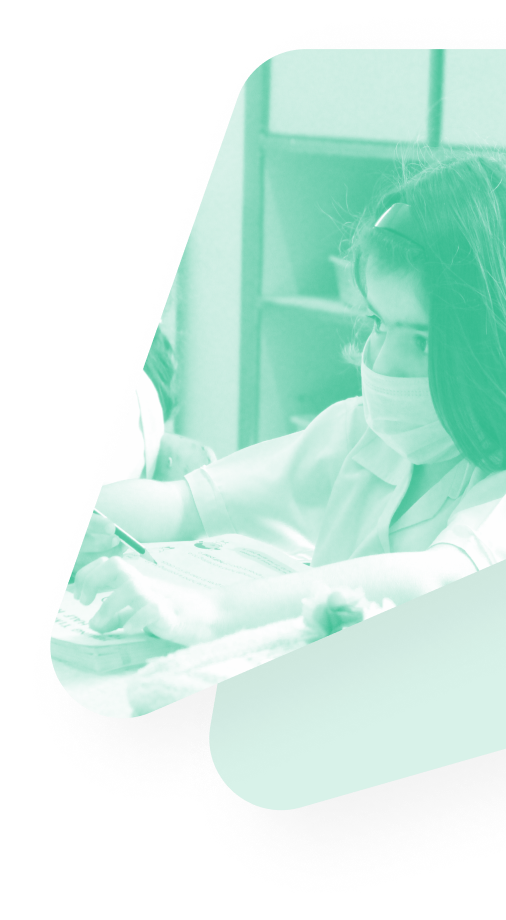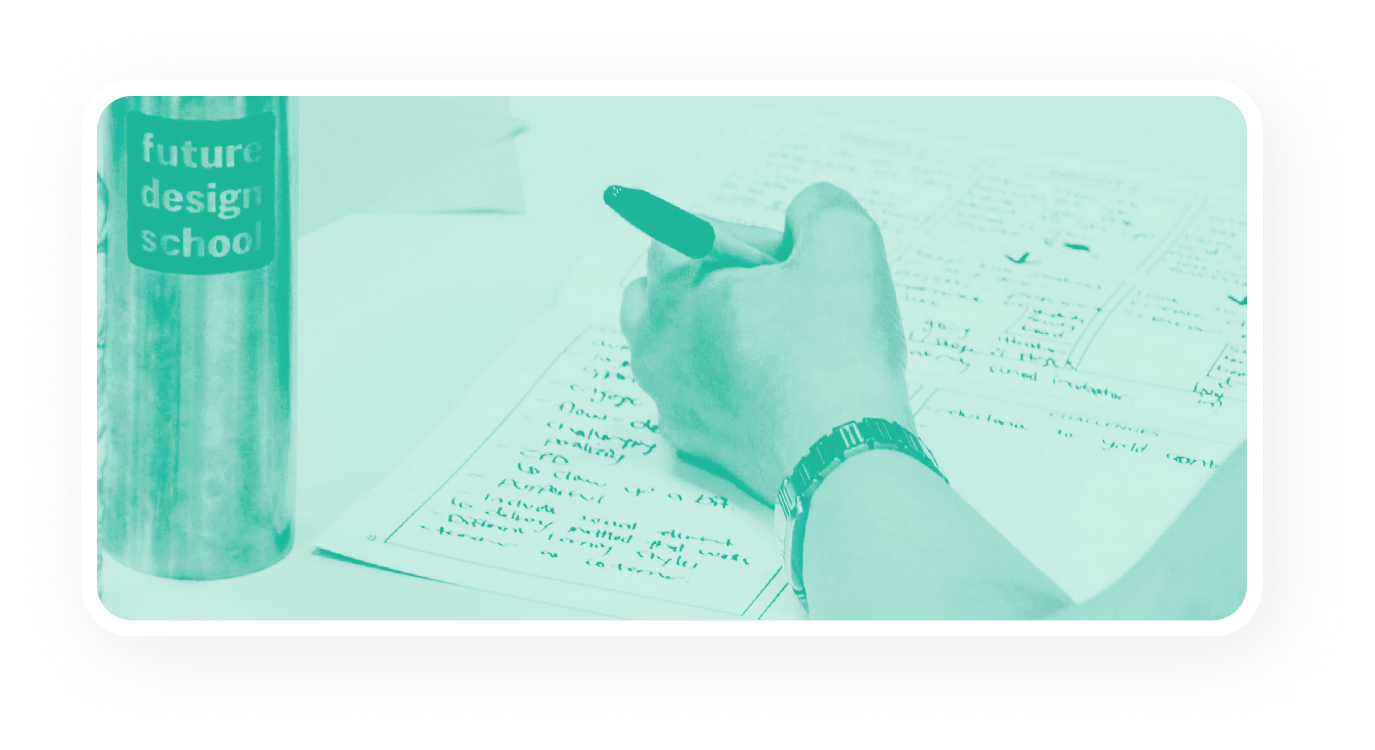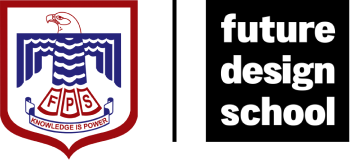
Introducing the
Future Skills Curriculum
For the first time in Pakistan, an international approach to education & a truly innovative curriculum.
The Future Skills Curriculum at Foundation Public School (FPS) has been developed to prepare students for a changing world and is intended to engage them deeply in meaningful learning that moves beyond the traditional approaches to one that is truly innovative.
Pre-Nursery-Grade VIII
Apply for Admission for the August 2024 session
